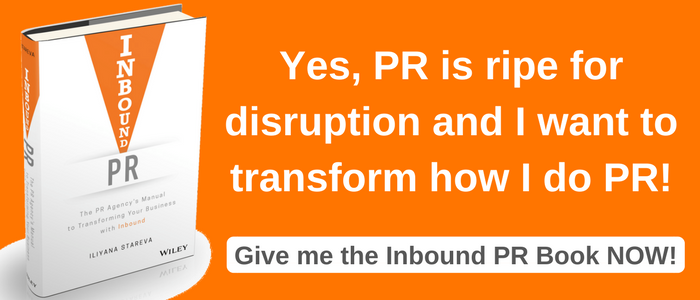Customer health is still treated as an operational metric in most SaaS companies. It sits inside Customer Success dashboards. It’s reviewed in QBRs. It informs renewal discussions. But rarely does it influence financial forecasting, capital allocation, or board-level revenue planning.
I believe that's a mistake.
In an AI-enabled environment, customer health is no longer a sentiment score. It's a forward-looking revenue signal.
And once you treat it as such, it changes how you think about retention, growth, and capital efficiency.











